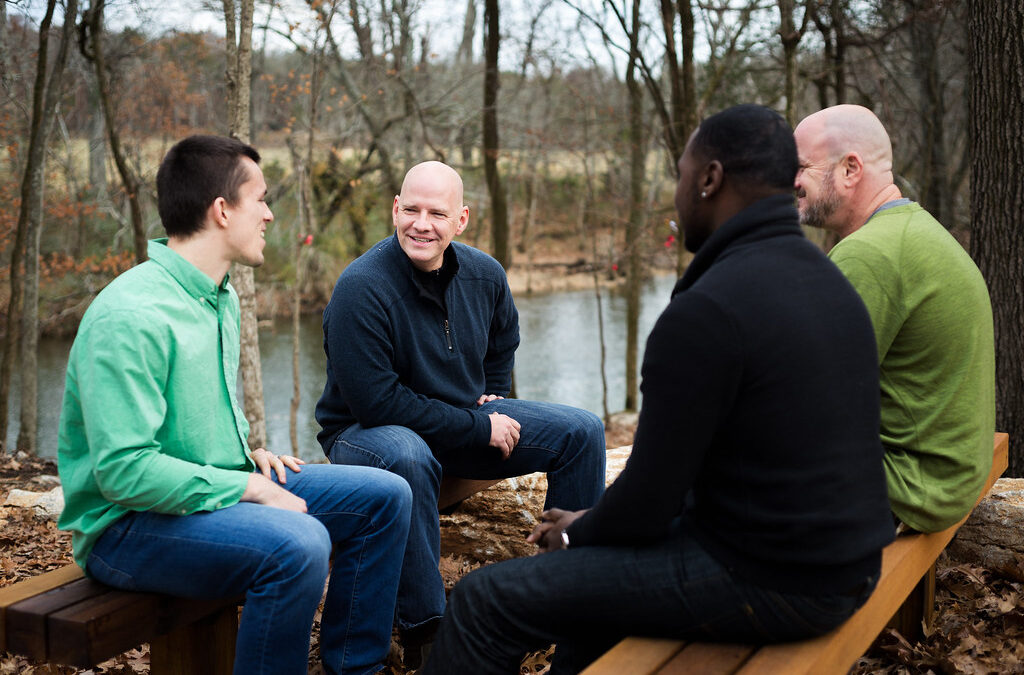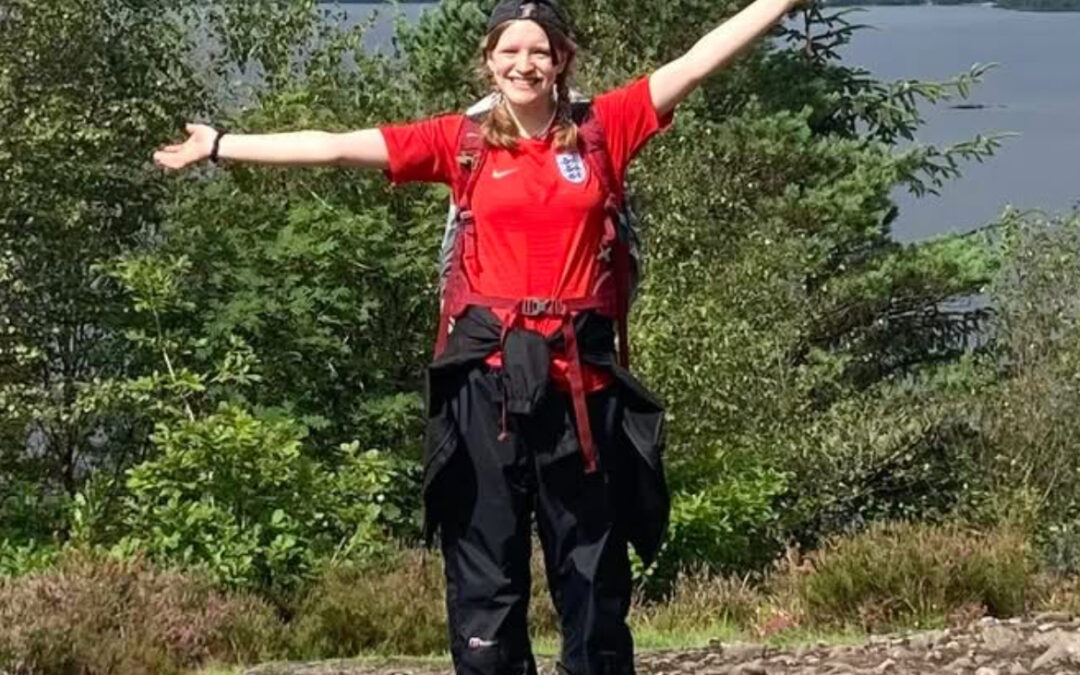Humans are innately communal. If you’re in any doubt about that, all you have to do is check out our Love and Community page.
There are whole cultures based around community and family, but particularly respecting and celebrating elders. In South Asian communities, elders are respected and revered as heads of the families. The deep-rooted tradition of touching an elder’s feet signifies respect, gratitude and seeking blessings.
In the Eastern world, Elders are cherished for their wisdom by the rest of their family. They’re not forgotten, in fact, they’re idolised.
But in the western world, the sad reality is that this isn’t the case. So much so, that there have been charities dedicated to supporting the elderly and helping them in combating loneliness.
The foundations of Age UK were first laid during the war in 1940, when old people became particularly vulnerable due to families being separated, or the main ‘breadwinner’ passing away.
To support these people and discuss improvements, individuals, governmental and voluntary organisations came together. This became known as The Old People’s Welfare Committee.
In 1961, Help the Aged Refugees Appeal was set up to support older refugees following natural disasters and conflicts in the former Yugoslavia, former East Pakistan (now Bangladesh) and Rwanda.
The organisation was then renamed Help the Aged and continued to raise money for emergency aid overseas.
If you’re enjoying reading this, why not check out this article about volunteers helping people get out their home.
It was only in 2010 that these two charities joined together to create Age UK, dedicated to improving later life for everyone and later, in 2012, Age International was created.
A lot of British people may recognise Age UK as a high-street charity shop, but it is so much more than that.
Not only do they provide advice on hard-to-navigate topics like benefits, finding and arranging social care, and health services. But, one service they provide is more notable than the rest.
It’s something that, in a way, is sad there has to be a service for. But something that takes nothing but time, and costs nothing but kindness.
A befriending service. Once a week, over the phone or in real life. Real, human connection. It can range from a cup of tea and a chat to accompanying them to a doctor’s appointment.
But who are the people befriending the elderly? Why do they do it? Where are the families of those battling with loneliness?
Meet Sacha-Lily Jones, a 21-year-old student who has been volunteering through the Befriend service at Age UK for six months.
“I’ve been working at a pub since I was sixteen, where many of our regulars are older and coming into the pub is their opportunity to socialise, providing a community for so many,” she says, “I’ve always appreciated the impact my job had on those who don’t get out much, and valued the conversations we have.
“Over winter, one of the regulars passed away.
“This hit me particularly hard, he was a truly special person and I knew how much the community of the pub meant to him given his children had moved abroad.
“This inspired me to look into volunteering opportunities as I wanted to continue providing friendship and support to others while I am at university.”
Sacha now meets her 96 year old friend every Monday for a cup of tea, for as long as she can.
The lady has two daughters who she sees quite frequently but not for long. And with limited mobility, her friend struggles to get out and socialise.
Not only has Sacha herself reaped the rewards of this work, her new friend has also flourished.
“One Morning, the woman who I regularly visit asked me to go on a walk with her to the end of the road to look for a friend’s glasses,” Sacha recalls, “she mentioned how long it had been since she’d been able to do something like that, it made me feel like I’d earnt her trust.
“I was incredibly proud of her for doing something she’d been afraid to do for so long, and appreciated the trust she put in me to support her given her reduced mobility.”
Sacha plans to continue seeing her friend every Monday for the foreseeable future. It’s something that has changed her lives in more ways than one.
“Volunteering has taught me to be considerate in more ways than one,” she says, “little things really matter to people who feel isolated or alone.
“A simple smile when passing others on the street means a lot, I didn’t realise that this was something other generations valued quite so much.”
This is just one of many amazing stories that comes from communities clubbing together to combat loneliness. To read heart warming stories just like this one, click here.



